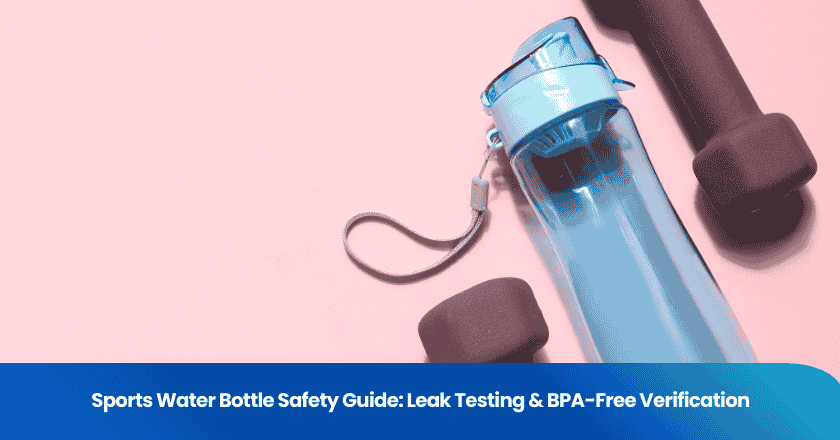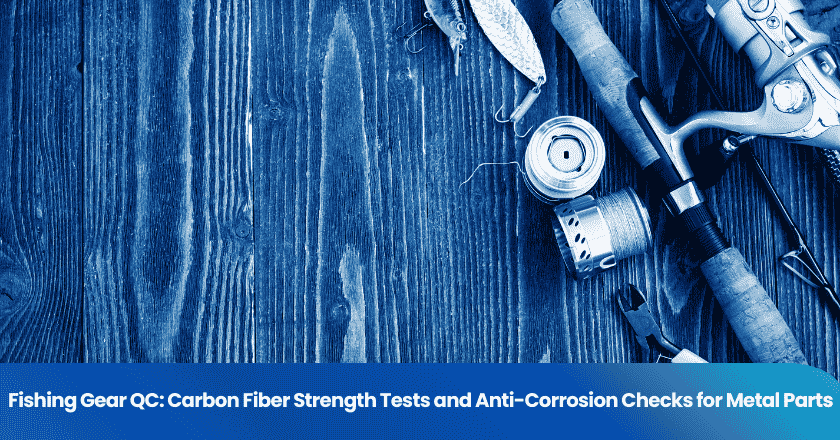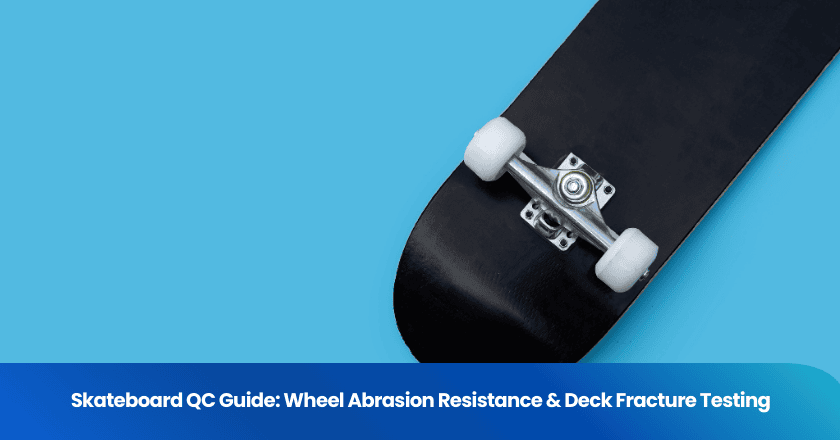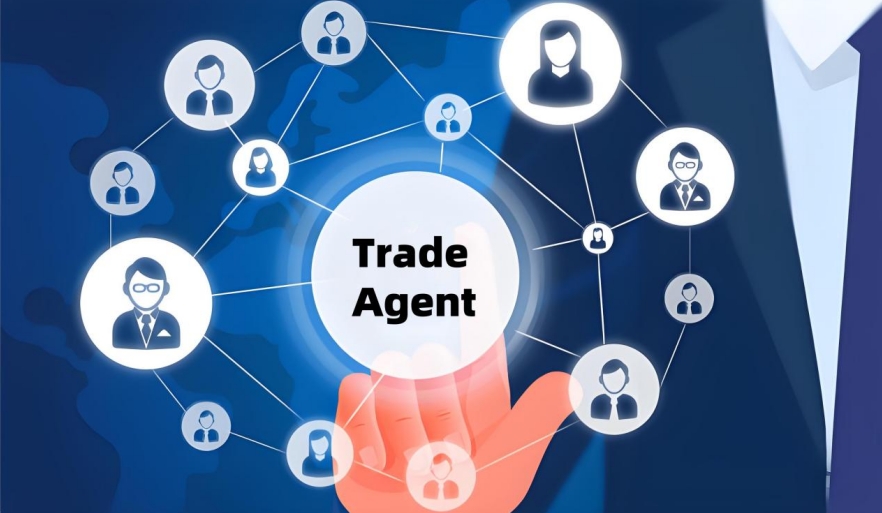
In the tide of global economic globalization, China, as the world's second largest economy, has enormous market potential. Of course, China also has its unique culture and business challenges. For foreign companies that want to enter or expand in the Chinese market, choosing a reliable trade agent becomes very necessary.
A China trade agent can bridge language and cultural barriers, provide key market insights and compliance guidance, help companies avoid risks, and achieve efficient operations.
The China trade environment is complex and ever-changing, from tariff policies to market trends, every step needs to be taken carefully. This guide provides a systematic set of steps to help companies find and evaluate the most suitable China trade agent for their needs.
Understand the role of China trade agent
What does a China trade agent do?
1. Promote communication:
Generally speaking, a China trade agent is proficient in Chinese and international trade languages, and can accurately and efficiently convey information between enterprises and Chinese partners, government agencies. They can assist in handling various business communications, including negotiations, contract signing, document translation, etc., to ensure smooth communication between both parties.
2. Logistics Management:
The China trade agent is responsible for the whole process management from the export to the import of goods, including arranging transportation, warehousing, insurance, customs declaration and other links. Using professional logistics networks and resources, optimize supply chain efficiency, reduce logistics costs, and ensure that goods arrive at their destination safely and timely.
3. Ensure compliance:
The trade agent is familiar with the laws and regulations of China and international trade, and can provide compliance consultation and guidance for enterprises. Assist enterprises in handling various import and export procedures to ensure that business activities comply with the requirements of relevant laws and regulations, and avoid legal risks and penalties.
The benefits of hiring a China trade agent
1. Local market expertise:
China trade agents have profound local market experience and professional knowledge, and can provide enterprises with accurate market insights and strategic advice. Understanding the needs and preferences of local consumers, they help enterprises better position their products and markets, and improve market competitiveness.
2. Cost-effectiveness:
By hiring a China trade agent, companies can save on the costs and time required to set up a foreign trade department. Commission is usually charged on a project or percentage basis, and companies can flexibly choose service projects and budget ranges according to actual business needs, maximizing cost-effectiveness.
3. Risk Mitigation:
China trade agents have rich experience in risk management and professional knowledge, and can assist enterprises in market research, assessing potential risks, and formulating risk prevention measures. By providing professional compliance consulting and guidance, they help enterprises reduce legal risks and operational risks in international trade.
Hiring a China trade agent can bring multiple benefits to the enterprise, such as local market expertise, cost-effectiveness, and risk mitigation, making it an indispensable partner for enterprises in international trade.
Determine your purchasing needs
Before choosing a China trade agent, it is crucial to clarify your own business needs. This step will help you better target potential agents and ensure that the selected agent can meet your specific needs.
Assess your business needs
1. Product type and quantity:
Clarify the type of products you intend to promote or sell in the China market. Include the nature of the products (such as consumer goods, industrial products, technical products, etc.), specifications, brands, and any special storage or transportation requirements. Determine your expected annual sales or purchase volume, and whether these volumes will grow or change in the future. Choose a trade agent with the corresponding processing capabilities and resources.
2. Target Market:
Identify your specific targets in the China market, including geographic areas (such as first-tier cities, second-tier cities, etc.), industry segments (such as automotive, electronics, healthcare, etc.), and target customer groups (such as consumers, businesses, government agencies, etc.). Understand the competitive landscape, market trends, and potential growth opportunities of the target market to provide clear guidance for your agency selection.
Determine the scope of services
1. Comprehensive services and professional agency:
Based on your business needs, decide whether you need a China trade agent that provides a comprehensive range of services from market research, product promotion, sales support to after-sales service. Such an agent usually has extensive resources and professional knowledge, and can provide you with a one-stop solution.
Alternatively, you may only need a professional agent that specializes in a specific aspect (such as logistics, customs declaration, marketing, etc.). This kind of agent has profound experience and expertise in a particular field, and can provide you with more efficient and professional services.
2. Long-term and short-term participation:
Determine the duration of your cooperation with the China trade agent. If you plan to make long-term investments and development in the Chinese market, then choosing an agent who can establish a long-term partnership with you may be more appropriate.
If your project or business needs are short-term, or if you just want to test the China market, then choosing a China trade agent that can provide flexible services and respond quickly to your needs may be more appropriate.
By clarifying your business needs and service scope, you will be able to more accurately identify potential China trade agents and lay a solid foundation for the subsequent evaluation and selection process. Remember, choosing an agent that matches your business needs and goals is the key to success.
Research potential China trade agent
In the process of searching and evaluating China trade agents, companies need to adopt a systematic approach to ensure they choose the most suitable partner.
Where can I find a China trade agent?
1. Online directory:
Using internet resources resources is one of the effective ways to find a China trade agent.
Companies can find specialized trade agent platforms, industry websites, or online directories organized by chambers of commerce through search engines. These platforms usually provide a lot of information about trade agents, including company profiles, service scope, contact information, etc. For example, you can visit the websites of authoritative institutions such as the China Council for the Promotion of International Trade (CCPIT) and the China Service Trade Guide Network, which provide rich industry information and may include recommended lists of trade agents.
2. Trade exhibitions and expositions:
Participating in relevant trade exhibitions and expositions is an excellent opportunity to directly contact and evaluate China trade agents.
China hosts several large-scale international trade exhibitions every year, such as the China Import and Export Fair (Canton Fair) and the China International Fair for Trade in Services (CIFTIS). These exhibitions attract exhibitors and buyers from all over the world, providing a platform for companies to showcase their products and find partners. At the exhibitions, companies can communicate face-to-face with trade agents, understand their professional capabilities, service attitude, and past cases, and more comprehensively evaluate whether they are suitable as partners.
Evaluate the credentials of the agent
1.Experience and track record:
The experience and track record of the China trade agent are important indicators to assess their professional competence and reliability.
Enterprises should require the agent to provide detailed past cases, including successfully completed projects, types of products involved, and clients cooperated with. By analyzing these cases, enterprises can understand the agent's performance in similar businesses, as well as its ability to handle complex issues and respond to market changes.
In addition, enterprises can pay attention to the reputation and public opinion of the agent in the industry. By consulting industry information, consulting peers, or referring to the information of third-party evaluation agencies, enterprises can obtain more objective evaluations about the agent.
2. Customer testimonials and recommendations:
Customer testimonials and recommendations are important references for evaluating the quality of agency services.
Enterprises should require the agent to provide the contact information of existing customers for subsequent follow-up and verification. Through communication with existing customers, enterprises can understand the agent's performance during the cooperation process, problem-solving ability, and customer satisfaction and other aspects of information.
Enterprises can use channels such as social media and industry forums to collect more customer reviews and feedback about the China trade agent. These reviews are often more authentic and objective, and can provide valuable reference information for the enterprise.
When enterprises are looking for and evaluating China trade agents, they should make full use of online resources and exhibition platforms, while paying attention to the agent's experience, performance records, customer testimonials and recommendations. Through comprehensive investigation and evaluation, enterprises can choose the most suitable trade agent partner with more confidence.
Interview and evaluate the China trade agent
When choosing a purchasing agent, interview and evaluation are indispensable steps. It is essential to have a deep understanding of the agent's professional capabilities, workflow processes, communication skills, and potential risk points.
Prepare interview questions related to purchasing agency
1. Understand their process:
Inquire about the specific details of the procurement process with the agent, including how to find suppliers, negotiate prices, ensure product quality and delivery time, etc. Learn how the agent controls costs, optimizes the supply chain, and handles emergencies during the procurement process. Ask the agent whether they have a comprehensive procurement management system or tools, and how these systems support their procurement process.
2. Assess communication skills:
Observe the agent's communication skills through the interview, including their clarity of expression, listening ability, and problem-solving ability. Ask the agent how they communicate effectively with suppliers, customers, and internal teams to ensure accurate transmission of information and timely response. Understand the agent's experience and strategies in cross-cultural communication, especially when it comes to working with Chinese suppliers or customers.
What signals should be vigilant for?
1. Lack of transparency:
If the agent is vague in answering questions, or unwilling to provide detailed purchasing records, cost analysis, or supplier information, this could be a red flag. Be wary of agents who are reluctant to disclose their purchasing strategies, pricing mechanisms, or contract terms, as this may indicate they are trying to conceal some unfavorable information.
2. Overly optimistic outcome:
If an agent overly exaggerates their purchasing power, cost savings, or market potential without providing specific data or case support, this may be an unrealistic promise. Be wary of agents who predict future performance with excessive confidence while ignoring potential risks and challenges. A responsible agent should be able to balance optimism with reality, providing reasonable expectations and risk assessments.
During the interview and evaluation process, companies should consider the industry knowledge, market insight, customer service capabilities, and compliance of the China trade agent. By comprehensively considering these factors, companies can more effectively identify the most suitable procurement agent for themselves and establish a long-term stable cooperative relationship. Stay vigilant and identify potential danger signals to avoid risks and problems during the cooperation process.
Make a decision and choose the right purchasing agent
After a series of research, interviews, and evaluations, the company is ready to make the final choice from the shortlisted procurement agents. The following steps will guide you on how to compare agents, negotiate terms and agreements, to ensure you choose the most suitable procurement agent.
Comparing the selected agents
1. Cost and value:
When comparing agents, consider the service fees and comprehensively evaluate the value they can bring to the enterprise. This includes potential benefits such as cost savings, supply chain optimization, product quality improvement, and shorter delivery times. Assess the cost-effectiveness of the agent, that is, the balance between the service fees and the value provided. Choose those agents that can offer the highest cost-effectiveness.
2. Compatibility with business culture:
Consider whether the business culture of the China trade agent aligns with your company. This includes communication styles, work habits, values, and other aspects. Choose an agent compatible with your corporate culture to establish a closer, more efficient partnership and reduce friction and conflicts during the cooperation process.
Negotiation terms and agreements
1. Contractual obligations:
When negotiating with the China trade agent, it is crucial to clarify the rights and obligations of both parties. Ensure that the contract contains clear terms that specify the scope of services, quality standards, delivery time, fee structure, and other key elements of the agency. Pay special attention to the responsibilities and obligations of the agent in the procurement process, such as finding suppliers, price negotiation, quality assurance, etc., to ensure that the agent can fulfill its duties according to your requirements.
2. Performance indicators:
Set clear performance indicators to evaluate the performance of the China trade agent during the cooperation process. Indicators can include cost savings, procurement efficiency improvement, product quality pass rate, etc. Negotiate with the agent and reach an agreement to incorporate these performance indicators into the contract as an important basis for evaluating performance.
When making the final decision, companies should consider the above factors comprehensively and conduct in-depth negotiations and communication with the shortlisted agents. Ensure that the procurement agent you choose can meet your current needs and can grow and develop together with your company. Through careful selection and clear contract terms, you can establish a stable and efficient partnership, bringing long-term benefits and success to your company.
Choosing a reliable China trade agent involves many considerations, from understanding the role of the agent to clarifying one's own needs, to in-depth research, interview evaluation, and finally making the final decision, every step needs to be carried out meticulously. Thorough research and careful selection can save companies time and money, and is the key to successfully entering and expanding into the Chinese market.
Remember, a good China trade agent is not only an assistant in business, but also your strategic partner in the Chinese market, facing challenges together and sharing the fruits of success.
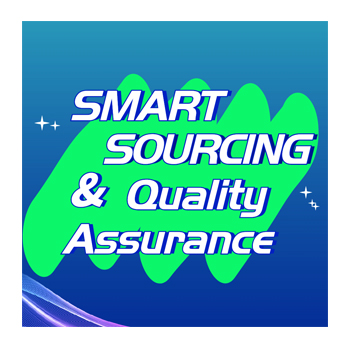
Smart Sourcing Content Team
Article by Smart Sourcing Content Team
The Smart Sourcing Content Team is committed to delivering high-quality, easy-to-understand information that helps our audience navigate the complexities of global sourcing. Our team of writers has extensive experience in producing articles across various fields such as procurement, supply chain management, market trends, and industry best practices. We specialize in sectors like apparel, textiles, and consumer goods, providing targeted insights to help businesses in these industries optimize their sourcing strategies and stay competitive.
Grow your business with TradeAider Service
Click the button below to directly enter the TradeAider Service System. The simple steps from booking and payment to receiving reports are easy to operate.

